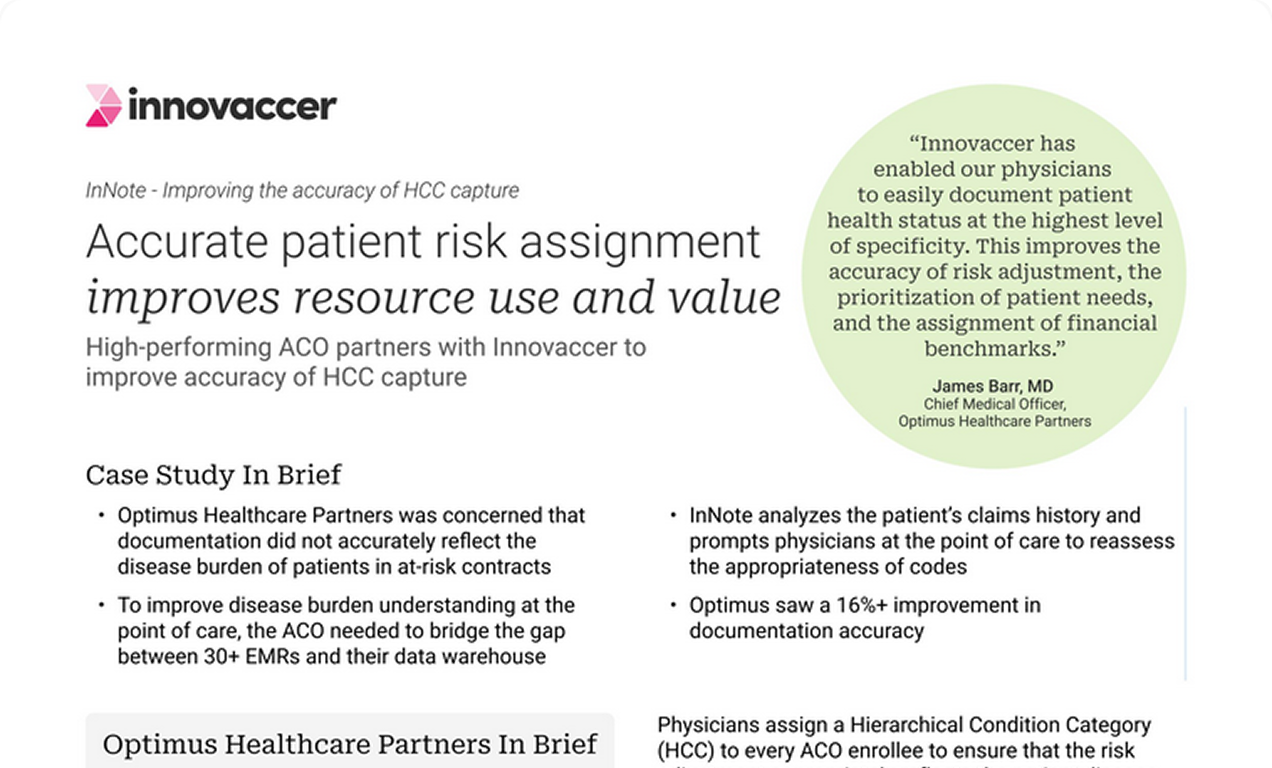EHRs are not Enough: The Importance of Contextualized Information to Physicians in the Healthcare Revolution

“Sometimes, the best thing we can do for our patients is to tell them what the best behavior is and then negotiate something they can live with.” —Nancy Dickey, First Female President, American Medical Association.
There is a common belief in the world to which pretty much everyone agrees: your doctor and attorney should know everything to help you in the best possible way! Even though most will agree to it, the practicality of this is subject to circumstances and not importance. Unfortunately, your doctor will know about your entire medical history only if the circumstances allow him to access those details, no matter how important they are.
Most physicians learn about their patients is on the EHRs, but there is much more to it
Physicians have access to EHRs and they can learn about the health status of a patient, but without integration of other data sources, they are bound to have numerous unanswered questions. For instance:
- How has the patient utilized the care services in the past?
- What has been his care program and his adherence to it?
- What kind of care does the patient get at home?
- How can the modification of existing care plan based on previous lab results and other services impact the patient?
Before any diagnosis, physicians need to understand the context of patient’s health and see what would be the most favorable scenario for the patient. It is even more troublesome when the systems are not interoperable within the network. In a survey, 95% of the physicians said that they had some kind of issue in getting interoperable data.
It is like someone has to drive a car in the dark without any headlights. Physicians need relevant information to be able to create impact at a population scale.
But any information wouldn’t help, only the useful bit is needed
No one can deny the fact that healthcare has a lot of data, which is good, but not every time. Too much data can confuse a physician and as they say, it can cause analysis-paralysis. They only need the most important information while meeting with patients.
- Physicians do not have to spend time on screen navigating through records, while the patient is in front of them waiting for a response.
- Delivering information at the right time and at the point-of-care is very critical. Physicians should be able to see what are the missing procedures for a visiting patient there and then, and not when the patient has left the facility.
- Their personal and organizational goals are populated to them against the current status of performance, so that they are updated in real-time as to what their next steps should be.
It is critical to the success of a care initiative that the outcomes of it are available to the stakeholders
The innovation process at any organization is fueled when their previous attempts have been favorable or at least guide them somewhere. But for that to happen, involved stakeholders should know what impact their initiatives create. Care teams should be able to reconcile with the outcomes of their efforts and allocated resources.
- How did a patient’s health improve over a period of time in a care program?
- How effective have been the care plans so far?
- What has been the overall impact on the population health?
Healthcare revolution is about connecting the healthcare and collaboratively achieving the Triple Aim
The road leading the transition to value-based care is making something important a part of the process ㅡ ‘contextualized information’ to drive outcomes which are based out of best knowledge and practices. There is enough evidence to support the argument that patient-centric care can improve communication which can influence patient satisfaction, care perceptions, shared decision making, and healthy behaviors. And there is only one way to drive patient-centric care, which is helping the physicians and extend care teams understand their patients through contextualized information.


.png)






.avif)









.svg)
.svg)

.svg)

